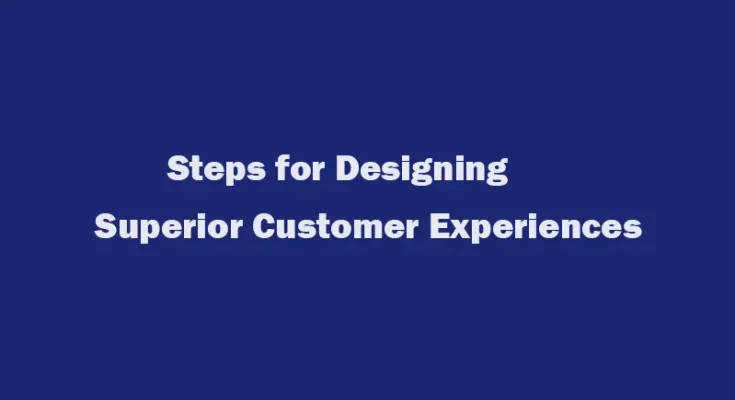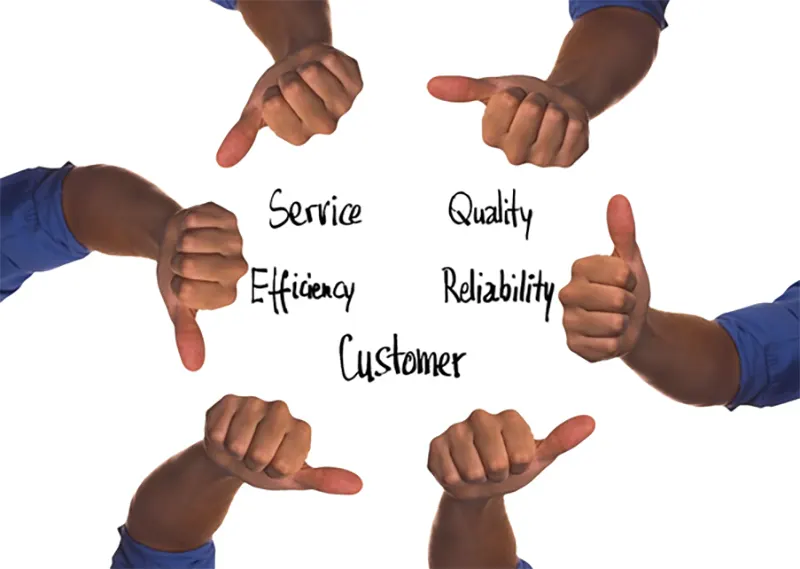
Steps for Designing Superior Customer Experiences
Creating a positive customer experience should be the main goal of any business. With so many options available to consumers, delivering an exceptional experience is the best way to earn customer loyalty and stand out from competitors. Follow these key steps to transform your service design and delight customers.

Understand Your Customers and Their Needs
The first step in crafting a great customer experience is to truly understand who your customers are and what they expect from your company. Gather insights into your target demographics, including age, location, gender, interests, and psychographics. Understand what motivates them to interact with your business. What problems are they trying to solve? What outcomes are they hoping for? The more intimately you know your customers, the better you can anticipate their wants and needs.
Map Out the Current Customer Journey
Analyze how customers currently interact with your company across all touchpoints. This …
Steps for Designing Superior Customer Experiences Read More




